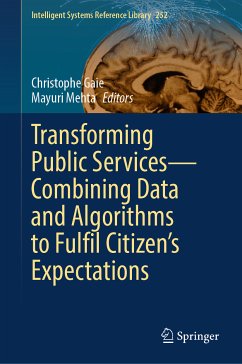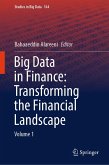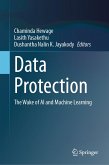Tailored for students and academics, the book is an invaluable reference for teaching graduate courses in e-Government, Process Modelling, or Artificial Intelligence. Its impact extends beyond the classroom; civil servants from all domains can find practical insights to navigate the ongoing modernization of public services. Even citizens curious about the transformation in their public services can find this book enlightening. Researchers working in the area of e-Governance can use this book to discover the recent developments in e-Government.
Dieser Download kann aus rechtlichen Gründen nur mit Rechnungsadresse in A, B, BG, CY, CZ, D, DK, EW, E, FIN, F, GR, HR, H, IRL, I, LT, L, LR, M, NL, PL, P, R, S, SLO, SK ausgeliefert werden.
Hinweis: Dieser Artikel kann nur an eine deutsche Lieferadresse ausgeliefert werden.









